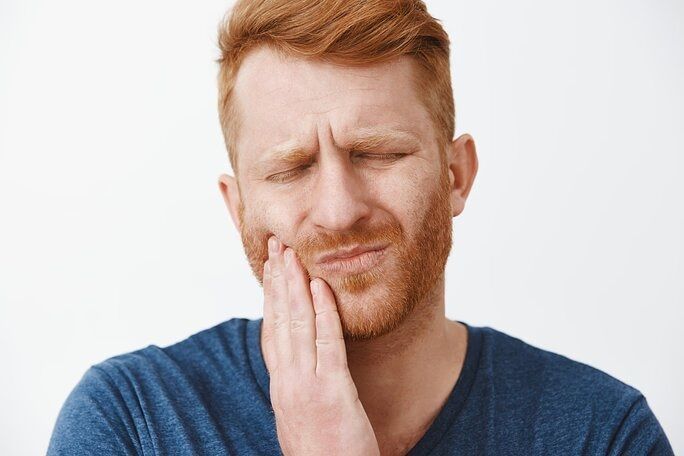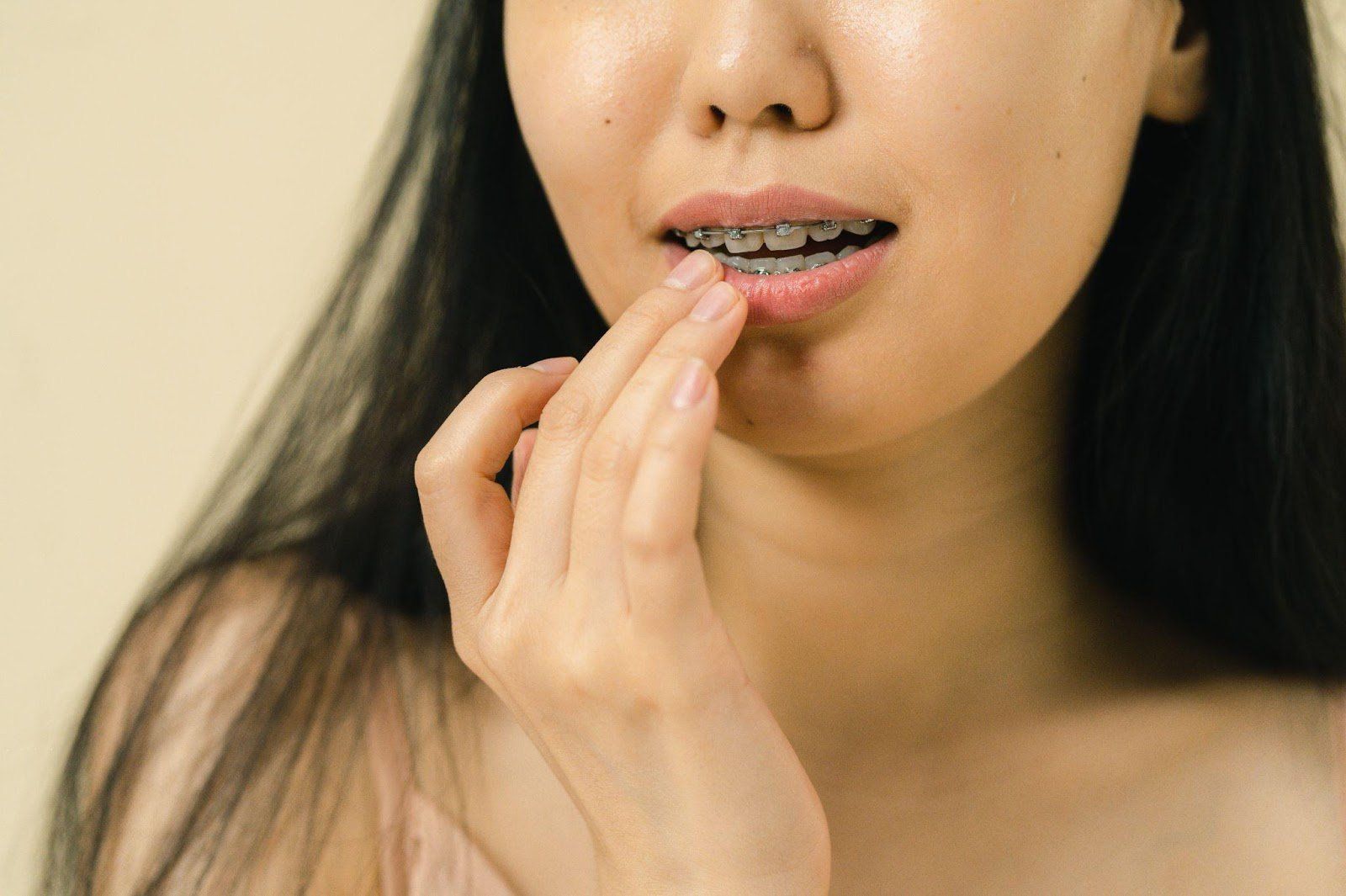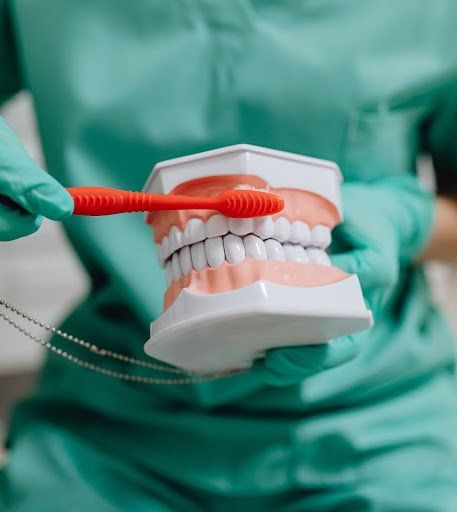5 Most Common FAQs About Invisalign
- by Milena Marguenski
- •
- 21 Jan, 2021
- •
Crooked and misaligned teeth are common cosmetic issues that can make anyone feel unsightly and ugly.
Invisalign is one of the best treatments to get straighter and more attractive teeth.
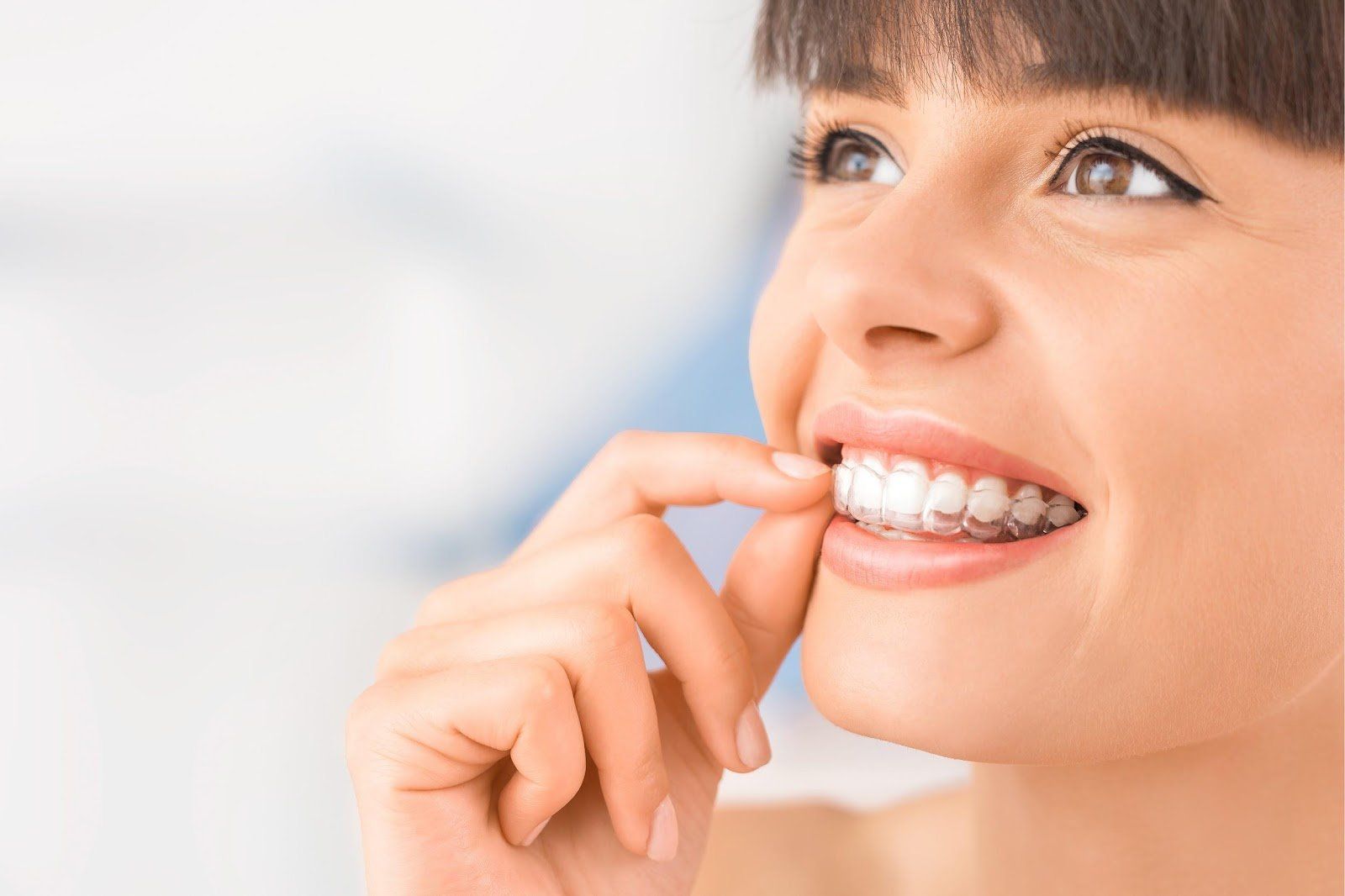
1. Why choose Invisalign over Traditional Braces?
Invisalign are far better than traditional braces due to the following reasons:
- Virtually invisible
- You can remove them to eat and drink or to brush and floss
- Have no metal support or wires that could cause irritation
- Boosts smile and confidence
- Convenient and easier to clean
- Fewer dental visits
- Safer option
- Effectively treats dental issues like crooked teeth, crossbite, and gap teeth
2. How long Invisalign treatment takes?
Every person is unique and so is the treatment. The length of the procedure depends on various factors like:
- Teeth crowding: Some non-complex cases of crowding take six months, while severe cases take a year. The more dental crowding you have, the longer the treatment will take.
- Gaps in teeth: Minor gaps in teeth take much less treatment time than large gaps.
- Age: Your age can affect how better Invisalign works. For instance, the ideal age to get treatment is above 12 or 13 years, when all of your permanent teeth have grown in first.
- Case severity: The complexity of your case can extend your treatment time.
3. How much does it cost?
Well, this varies from state to state.
On average, the cost of Invisalign treatment ranges between $3,000 to $5,000. However, you can use your insurance to seek Invisalign treatment.
4. Is the treatment painful?
No, Invisalign isn’t painful.
However, it can cause some discomfort and can leave a patient’s teeth feeling sore.
You can use some over-the-counter medicines prescribed by your dentist to alleviate any soreness.
5. What I can or can’t eat?
When you wear metal braces, there is a huge list of sticky, chewy, and hard food items that you can no longer eat because they can damage your braces.
However, Invisalign is easily removable and can be taken out during meals.

But if you are wearing aligners, certain food items you should avoid eating are:
- Sugary and non-sugary sodas like acidic fruit juices
- Coffee
- Chocolates and candies
- Spicy and icy foods
In the end…
Hopefully, this article proves to be informative and useful.
Please note this is general information about Invisalign, and results may vary from person to person.
So, it advisable to call 718-573-3333 and book a consultation with cosmetic dentistry in Bushwick.


Brooklyn residents often wonder whether their tap water is helping or harming their dental health. One key factor in this debate is
fluoride
, a naturally occurring mineral added to public water supplies to prevent cavities. But does Brooklyn tap water really protect your teeth from decay? In this blog,
we’ll
uncover the truth about fluoride levels in NYC’s water and whether it plays a significant role in cavity prevention.
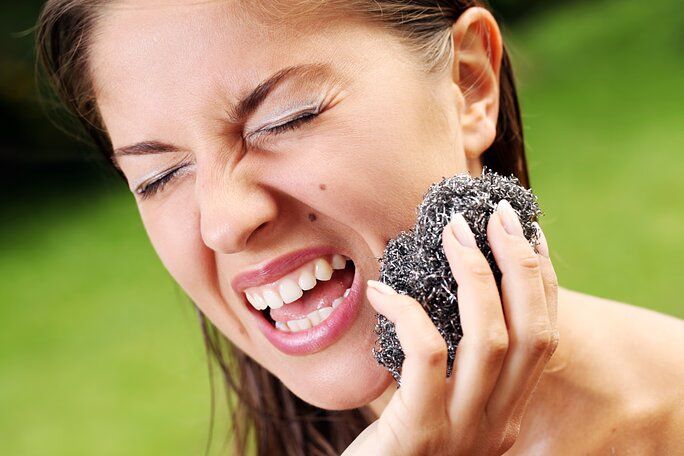
Sudden gum swelling is a dental condition that requires immediate attention, even if there is no pain. Gum health is often overlooked, but it is essential for overall oral well- being. Swollen gums may seem harmless at first, but they often indicate underlying issues that can worsen if left untreated.
Many people think of dental emergencies as situations with severe pain, but it's important to understand that discomfort isn't always a reliable sign of serious problems. Just because there is no pain doesn't mean there is no risk. Sudden gum swelling should be treated as an emergency , emphasizing the need for prompt professional evaluation.
Ignoring swollen gums can lead to more severe complications, affecting both oral health and general wellness. By understanding the seriousness of this condition and
seeking timely intervention, you can prevent further damage and ensure that your gums—and teeth—stay healthy and strong.
A skilled dental team can properly assess and treat any swelling. Prioritize your gum health by taking action when you notice unusual changes, protecting your smile for the future.
It's important to remember that maintaining good oral hygiene, including flossing your teeth regularly , can help prevent conditions like gum swelling. Additionally, if you're interested in improving your smile beyond just addressing gum issues, there are various options available in cosmetic dentistry that you should know about. Finally, if you're looking for ways to achieve a brighter smile, there are effective methods on how to get whiter and brighter teeth at home that you might find helpful.
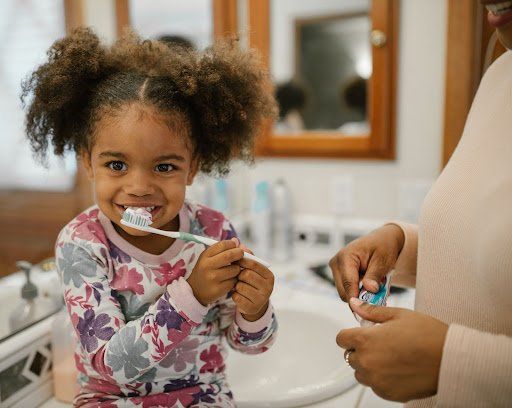
If you thought that oral health problems are only for adults, then think again. The first teeth start appearing by 4 to 5 months of age. Then by the age of 3, kids have a full set of teeth. This is the time when parents have to be extremely careful about oral hygiene.
By the age of 6-7, the primary teeth start to fall out to make space for the permanent teeth. These permanent teeth are the ones that will stay with them for the rest of their lives. However, there are certain oral problems such as tooth decay, lip sucking, and early teeth loss.
Let’s take a look at these common oral health problems.

With the procedures’ popularity, several pharmaceutical companies launched their over-the-counter teeth whitening kits. This made the procedure more accessible and cheaper as compared to a professional session.
But which one is better? Let’s understand both the procedures first.
